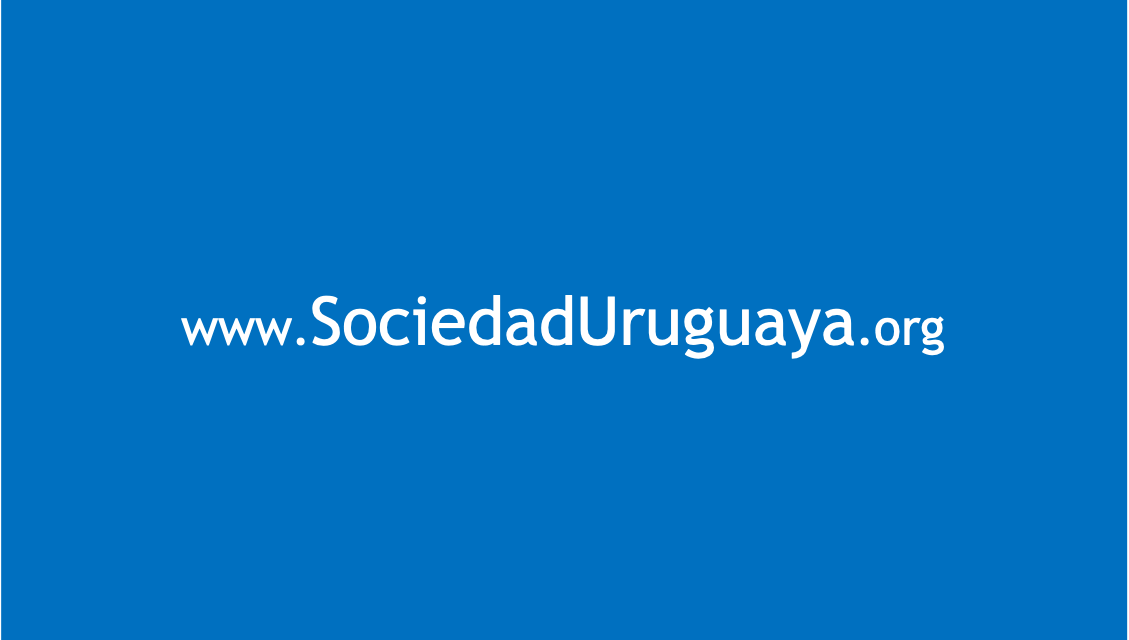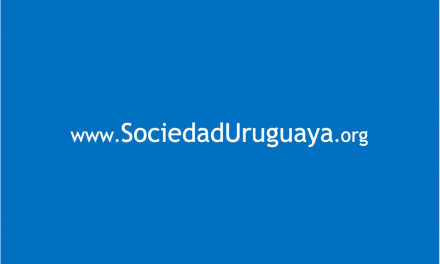El Consulado General del Uruguay en Nueva York tiene el agrado de comunicar que en el marco del “Latinbeat” de Film Society of Lincoln se exhibirá, entre otros films latinoamericanos, la película uruguaya “Whiski”.
Whisky.
Juan Pablo Rebella & Pablo Stoll, 2004, Uruguay; 94m.
<http://www.filmlinc.com/tix.php?e=9412> Fri Sep 14: 4:00. Additional.
screening: <http://www.filmlinc.com/tix.php?e=9413> Sun Sep 16: 4:15
<http://www.filmlinc.com/tix.php?e=setme>
Our screening of Whisky by Uruguayans Juan Pablo Rebella and Pablo
Stoll whose acclaimed first film 25 Watts (Latinbeat 2001) played a pivotal
role in the recent and very welcome resurgence of Uruguayan cinema is
dedicated to Rebella, who sadly committed suicide last year at the age of
32.
Middle-aged Jacobo runs a small, run-down sock factory in
employees, he has led a solitary life since losing his mother a year ago.
The time has come to place the tombstone on her grave, as Jewish custom
dictates, and Jacobo´s prosperous brother Herman will travel to
for the ceremony. But Jacobo doe not want his brother to see the extent of
his lonely and unrewarding existence, so he enlists Marta, the supervisor at
his factory, to help him. Told with deadpan humor and boldly observed, this
jewel of a film is, among other things, a bittersweet portrayal of the
decline of the Uruguayan middle class during the past few decades.
1) Fotografías
Andrés Di Tella, 2007,
<http://www.filmlinc.com/tix.php?e=9389> SAT Sep 8: 5:30. Additional
screening: <http://www.filmlinc.com/tix.php?e=9390> Mon Sep 10: 6:15
This is a personal essay about my mother, based on a box of photographs my
father passed on to me. A documentary investigation involving a journey to
the past and also a real one from
where she was born and which she wanted to forget:
The filmmaker’s mother, Kamala Aparao, was a member of an aristocratic
Indian family in the first half of the 20th century. At a young age, she
joined the socialist party and, further shocking her traditional family,
went on to marry Torcuato Di Tella, a well-known sociologist from
With his own son in tow, Andrés Di Tella traces the imprints of his mother’s
history. He explores with insight and disarming honesty issues of identity,
bicultural displacement, family tradition, the inescapability of one’s
cultural legacy, and how our notions of fatherhood and motherhood can change
with time and distance.
Q&A with director Andrés Di Tella after both screenings
2) Four Barefoot Women / Cuatro mujeres descalzas
Santiago Loza, 2005,
<http://www.filmlinc.com/tix.php?e=9391> Fri Sep 7: 6:00. Additional
screening: <http://www.filmlinc.com/tix.php?e=9392> Tue Sep 11: 4:30
<http://www.filmlinc.com/tix.php?e=9165>
Outside, the heat of a suffocating
different women find respite from the weather and their own personal
adversities in shared nights of insomnia. As they unveil their common
experiences with death, family disintegration, childbirth and love, they
find empathy and trust in each other, and succeed in making some sense of
their otherwise fragmented and chaotic realities. Loza’s tender and
compassionate portrayal of a universe of feminine communion bears imprints
of the narrative rigor and subtle observations that characterized his
celebrated first film, Extraño (Latinbeat 2003).
3)
<http://www.filmlinc.com/tix.php?e=9395> Fri Sep 14: 8:30. Additional
screening: <http://www.filmlinc.com/tix.php?e=9396> Sat Sep 15: 5:00
About to turn 36, the age his mother Marta Sierra was when she was kidnapped
by Argentina’s ruling military faction in 1976, Nicolás Prividera embarks on
a profound and tenaciously researched journey to understand how and why she
disappeared. Suspense builds as he visits the institutions where records on
the disappeared are kept and interviews his mother’s friends, family and
colleagues. Despite the numerous obstacles, Marta, a biologist working at
the National Institute of Agricultural Technology, comes into focus as a
worker, activist and mother. But also distinct is a complex and disturbing
web of incompetence and complicity tightly woven around the stories of her
past. M is a gripping family portrait, a poignant tribute to Prividera’s
mother and a thoroughly absorbing historical document that questions the
feasibility of arriving at an absolute truth and the validity of any one
version of history.
Presented in association with the Human Rights Watch International Film
Festival.
Q&A with director Nicolás Prividera after both screenings.





